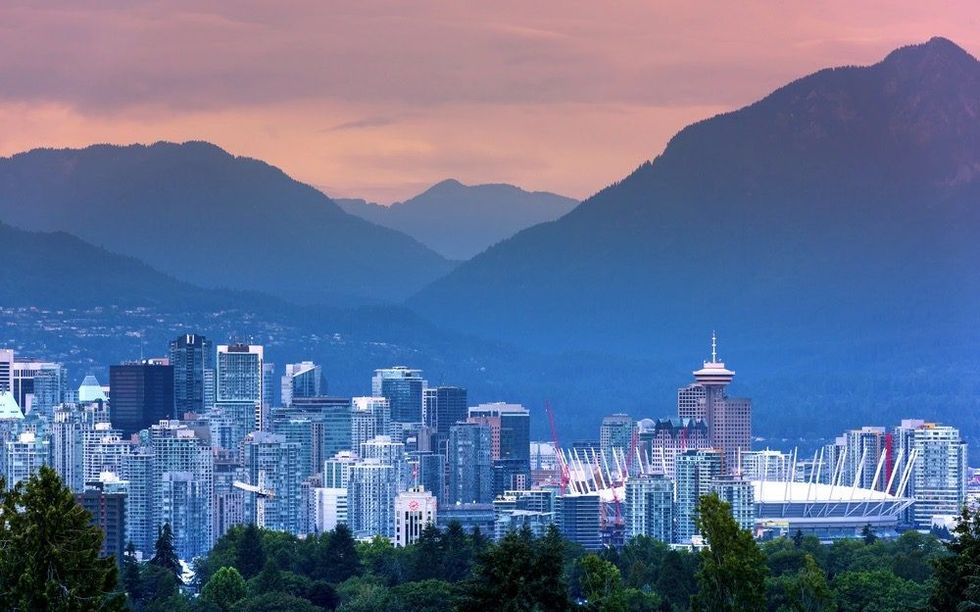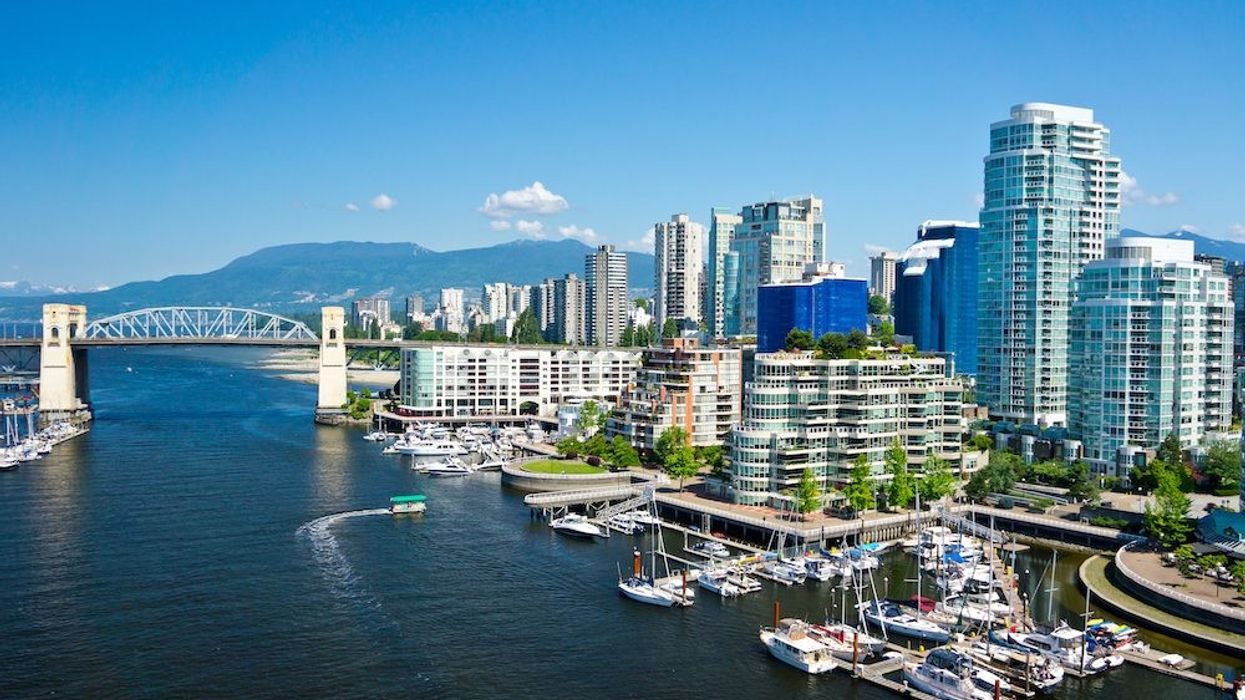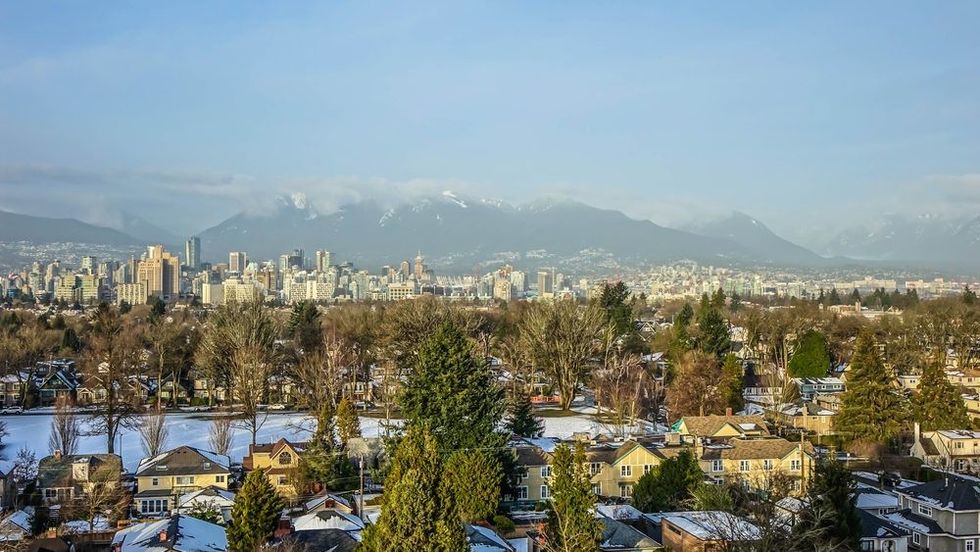In British Columbia, we could see more government action when it comes to speeding up new housing construction.
This is especially the case now that supply is widely seen as the main culprit to the province’s housing crisis --marking a departure from finger-pointing largely at speculators.
“We’re almost certain to see unprecedented provincial legislation wading back into setting housing targets for municipalities,” said Jon Stovell, President and CEO of Reliance Properties Ltd., during a panel discussion at this week’s meeting of commercial real estate association NAIOP, as reported by Business in Vancouver.
B.C.’s Housing Minister David Eby tells STOREYS his government is indeed determined to accelerate housing starts in the province -- and has already made notable progress in the supply department. “Since 2017, the Province has been working to address the housing crisis on both the supply and demand side -- working to make up for years where the housing crisis had been ignored in B.C. and housing wasn’t getting built,” says Eby.
In 2017, Eby's government developed a budget that promised $6.5B in spending over 10 years to create an ambitious 114,000 housing units -- something that some questioned, given the long approval process in many municipalities and public pushback. To date, more than 11,000 units have materialized and another 10,000 are under construction.
“While we are determined to accelerate housing starts even further, housing starts are currently at a record high in B.C.; 47,607 units in 2021,” says Eby. He points to other metrics that also support the province’s record work to address housing supply: housing completions are up 43% compared to 2016 (29,333 homes in 2016, compared to 41,920 homes in 2021), and housing under construction is up 35% (50,181 homes in 2016, compared to 67,563 homes under construction in 2021).
“We’re also seeing a record number of new homes registered in B.C., which is a leading indicator of housing activity,” says Eby. “More than 53,000 new homes were registered in 2021, the highest ever total since B.C. Housing started collecting this data in 2002.”
Despite this progress on the supply front, Eby acknowledges that the province’s housing crisis persists. “We need to accelerate housing construction even further so that people can find homes they can afford to rent or own,” he says. “The Province is currently reviewing policy options and considering the potential of new tools to modernize municipal housing approval processes to speed up the development of new housing to get even more housing built faster for people.”

In the NAIOP panel, Stovell highlighted this drastic shift in the province’s approach to housing as of late. For example, he points to the recently announced -- and controversial -- 39-storey tower planned above the SkyTrain station in Vancouver, which will house 223 rental units (20% of which are designated for below-market rates), 100,000 sq. ft of office space, a 22,000 sq. ft grocery store, and over 7,000 sq. ft of retail and restaurant space.
READ: East Vancouver Residents Cry Foul Over Controversial Commercial and Broadway Development
While the building, to be developed by PCI Group, wasn’t without its loud and clear objections from area residents, Eby sent a letter of support to rezone the property to make way for the tower. In the letter, Eby asked Vancouver city council to allow the development to proceed, despite the concerns from the local public. Eby highlighted how densifying approaches to rapid transit stations is generally recognized as the best practice in urban design. The tower was approved just yesterday.
Furthermore, as Eby highlights, transportation and infrastructure minister Rob Fleming tabled Bill 16 earlier this month, which will allow the BC Transportation Financing Authority to acquire land near transit stations and bus exchanges for housing development. The move is said to increase the level of affordable housing.
On the demand side, B.C. has introduced a speculation tax, increased the foreign buyers tax, and is fighting money laundering in real estate, highlights Eby. “The speculation tax has helped convert 18,000 empty units into homes for people, addressing demand and responding to the significant need for housing supply,” says Eby. “ There is more work to do, and we know it will take action from all levels of government -- federal, provincial and municipal -- to ensure that everyone has access to a home they can afford to rent or buy.”
As Business in Vancouver reports, any legislation would build on the housing needs studies the province has funded in municipalities, which became mandatory for local governments this year. The studies must be renewed every five years.
On the municipal level, the City of Victoria recently made headlines when it announced it will allow some affordable housing projects to skip rezoning or public hearings after city council unanimously passed a motion earlier this month. Whether other municipalities will follow suit by taking matters into their own hands, or wait for the Province to make another move, will remain to be seen.
Either way, this isn't the last we'll hear of major measures in B.C. designed to speed up the creation of supply.






















